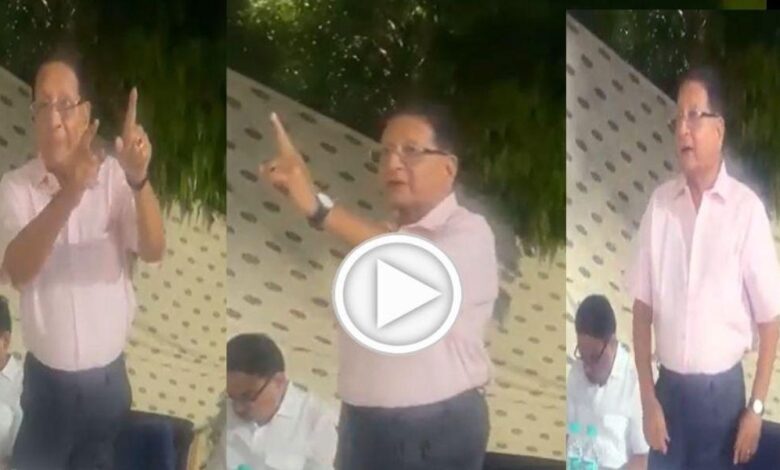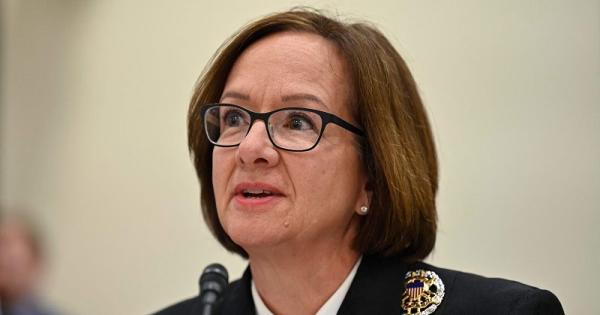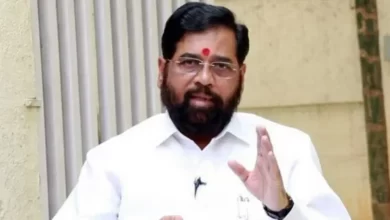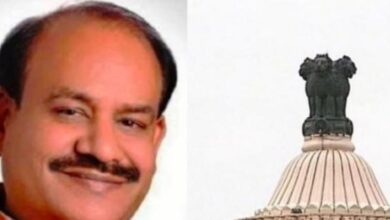Rajasthan Congress Crisis: Rhetoric is happening openly, now the video of Urban Development Minister Dhariwal has gone viral…

Jaipur | Rajasthan Congress Crisis: It has become common in the Congress government that there are many contenders for one post and the party has to face internal strife before the elections. Once again everything is being seen here in Rajasthan. Before the elections, in Rajasthan, the Congress is seen battling with internal strife just like in Punjab. In such a situation, a video of the meeting of MLAs loyal to CM Ashok Gehlot held at the house of Urban Development Minister Shanti Dhariwal is going viral late on Sunday night. In this video, Dhariwal is seen saying that if Ashok Gehlot is replaced, Congress will suffer.
#Rajasthan minister #ShantiDhariwal who called a parallel meeting at his residence alongside the official CLP meeting called by the high command, called himself a disciplined soldier and said he has never flouted any disciplinary norms in his 50 year long political career. pic.twitter.com/NxCA01kXJP
— IANS (@ians_india) September 26, 2022
Rajasthan Congress Crisis: In the video going viral, he says that he wants Ashok Gehlot to remain the Chief Minister by any means. Dhariwal said that someone sitting in the high command should tell which two posts Ashok Gehlot has, who are demanding his resignation. He said that at present he has only the post of Chief Minister and when he gets another post, then any issue will arise. Dhariwal was seen saying in the video that what has happened today, today you are getting ready to demand resignation. The conspiracy by which Punjab was lost… Rajasthan is also going to be lost.
Must Read: Captain Rohit Sharma was happy with Suryakumar’s performance, said this…
magic trick… for the chair
Warfare… for publicity!#Rajasthan #RajasthanPoliticalCrisis pic.twitter.com/p2DhmOJPNk— Gajendra Singh Shekhawat (@gssjodhpur) September 26, 2022
Rajasthan Congress Crisis: Dhariwal said that Rajasthan will be saved if people take care of themselves or else Rajasthan will also go by hand. Dhariwal was also seen saying in the video that Speaker CP Joshi had denied on the very first day that he had nothing to do with this post.. I am happy where I am. He was neither a candidate nor was he made a candidate. But this controversy was created by deliberately publishing the news in a media. Along with this, he also said that there is no objection if any of the 102 MLAs who camped together to thwart the BJP’s attempt to topple the Congress government in Jaisalmer-Jaipur should be made the Chief Minister.
Must Read: IWC Controversy Dipti: The clarification given on the disputed runout, said – was warned many times earlier…





